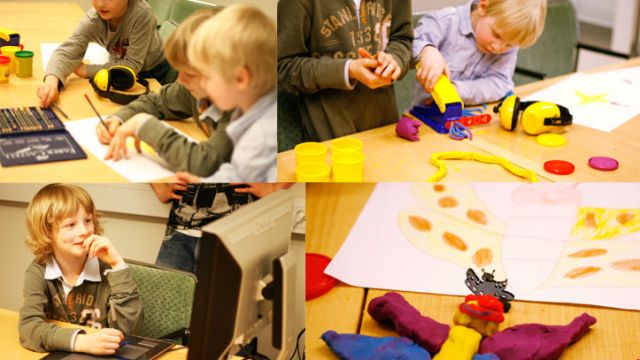Purpose as a Compass

What is purpose? Why – particularly in business – does it matter?
In a recent podcast, Stanford Psychologist Lera Boroditsky spoke about the Kuuk Thaayorre language spoken in the Pormpuraaw aboriginal community in Australia. The Kuuk Thaayorre language does not have relative spatial terms (e.g., “left”, “right”) only terms for “absolute cardinal directions” (e.g., “north”, “south”, etc.).
As an English speaker, I can use the terms “north” and “south”, but I most often orient around myself and use the terms “left” or “right”. When I turn around, “left” turns with me – my sense of space depends on where I stand. If you place me in a dark room and ask me to point “south” I’ll be lost – I’m almost completely unable to identify a direction independent of me.
But if you put a five year old child in Pormpurraw to point “east” she can do so instantly. Whereas I orient myself around myself, the Pormpuraawans orient around those points of reference fixed by sun, space, and earth. Consequently, their sense of direction becomes second nature. To quote Professor Boroditsky:
To say hello in Pormpuraaw, one asks, “Where are you going?”, and an appropriate response might be, “A long way to the south-southwest. How about you?” If you don’t know which way is which, you literally can’t get past hello.
Everything in their lives is fixed by an understanding of its relationship to something else. Their artwork, their understanding of time, their place in the world. And that orientation means they’re constantly aware of their surroundings, their direction, their path.
That’s a pretty good metaphor for “purpose” – particularly professional purpose – isn’t it? “Work” is just something I do. It’s an action. And like the directions left and right, it’s wholly dependent on me. My work is basically whatever I’m doing at the moment; but it does not orient me or give me place in the world.
Purpose meanwhile, is like a cardinal direction. It doesn’t depend on me. It doesn’t change when I change. It’s something immovable –around which I must orient myself. It can’t be “work” (a process) or “money” (a temporal and changeable end). Maybe it can’t even be a person or a thing at all, because all people and all things can change or fade away. Purpose, rather, is something immutable and permanent – an ideal, a direction. It may be unique to each of us (as Bill George encourages, our “True North”), but it doesn’t depend on us.
The metaphor isn’t perfect, but I think it highlights a few things about purpose that those aspiring to leadership should keep in mind:
Purpose is a difficult concept. Many of us will have multiple purposes. Some of us may not find them for quite some time. But seeking and finding our purposes – in business and life – can keep us oriented. It can be our cardinal direction and a way to orient our values and actions. Without it, however, we can lose ourselves. We can walk impatiently, even furiously forward without ever asking where our path leads.
Image courtesy of Shutterstock.
John Coleman earned an MBA from Harvard Business School, where he was a Dean’s Award winner, and an MPA from the Harvard Kennedy School, where he was a Zuckerman Fellow and a George Fellow. He is the author of Passion & Purpose: Stories from the Best and Brightest Young Leaders. To learn more, visit Coleman’s blog at Harvard Business Review.
Purchase this book here.





